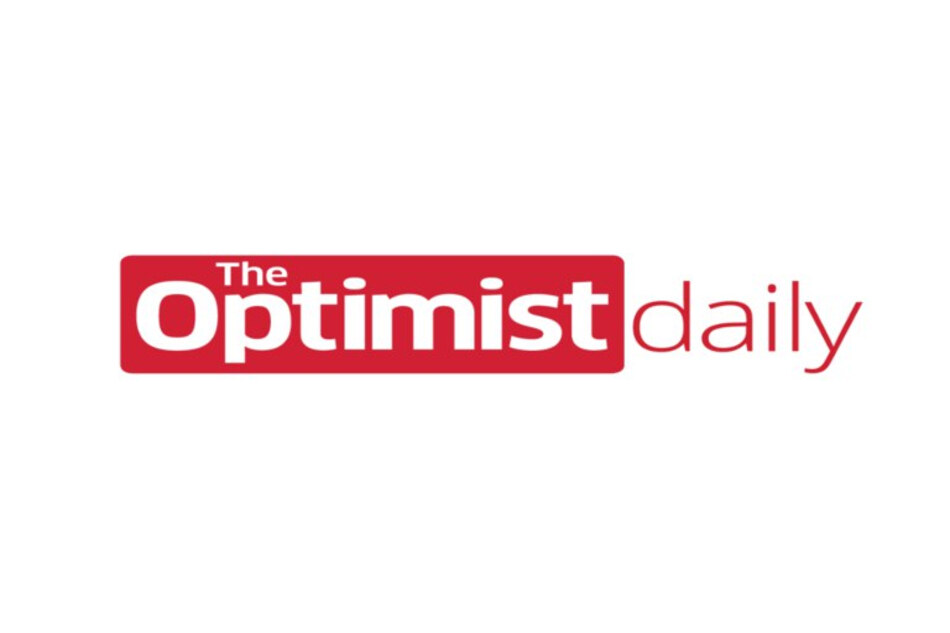Last month on Independence Day, The New Yorker published an issue featuring cover art by graphic illustrator Christ Ware. The narrative piece, called “House Divided,” boldly captures the sense of polarization underlying this past year’s Fourth of July festivities, and the general atmosphere of division plaguing the nation. The art itself speaks louder than any string of words, so if you haven’t seen it yet, check out Ware’s impactful work here.
Current events within the United States of America were the inspiration behind Ware’s art, which brings into question how the word “united” truly fits within American identity. What with the January 6th attack on the Capitol, the Supreme Court’s decision to abolish the constitutional right to abortion (devastating for some, a cause to celebrate for others), and heated discussions about gun-control legislation in the wake of multiple mass shootings (especially the Uvalde school shooting) today’s America seems characterized more by its fissures and factions than its unity.
This leaves us all with the question: When Americans say “us,” who does that include?
Living in the questions
When our sense of self is threatened, it is common to hold fast to cultural symbols to ground us, often in the form of creative expressions such as music, dance, and visual art—things that we use to proclaim our identity as part of a wider whole.
However, when we dig deeper into these symbols, they tend to reveal more about ourselves than we bargain for—and may further unravel our understanding of who we are. That said, a proper investigation of our symbols and traditions has the power to help us embrace a more comprehensive and complex version of our identity.
Over the coming Fridays, The Optimist Daily will look at some of the mainstays in American culture. The goal is to open up a discussion about what these traditions seem to say about this nation—and what their origin stories within the United States truly reveal about the American experience.
Music, movement and connection
Through nuanced cultural lenses, we will explore how today’s Americans are reframing their identities within musical genres like country, and answer questions like why so many Americans learned how to square dance at school. The series will also explore the role music and movement can play in knitting people and communities together. Readers can look forward to learning more about iconic artists like Rhiannon Giddens and Jake Blount, and mysterious historical figures like Harry Pace.
In the end, we will investigate how the polarization and disconnect between Americans can be situated within a larger, global struggle by looking at writers like Johny Pitts, author of Afropean.
We look forward to going on this journey with you and the rest of our Optimist Daily community. It is our hope that the “True American” mini-series will allow us to see America and American identity in a new light during dark times, and be a source of inspiration to strive for a more nuanced understanding of the nation’s history, which could help spur a better and more expansive future for us all.










